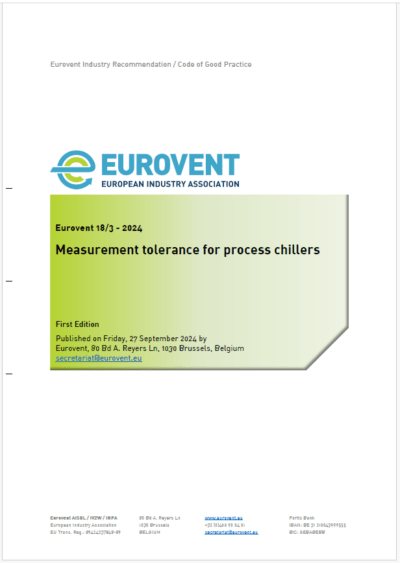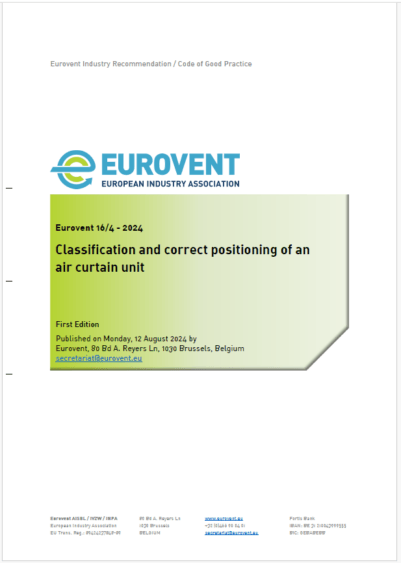Manufacturers weigh in on the ROI of investing in certification and what bodies need to do to raise awareness among consultants on what they stand for.

Lubna Shaikh, Senior Manager – Business Development, Trosten:
Product certification enhances confidence among all stakeholders. For a seller, the certification demonstrates standards of competence and provides competitive advantages on numerous parameters based on the certified results. For a buyer, the certification assures reliability and confirms that the products have passed and met the requirements of specific performance tests. Standards and certifications are available for holistic and component performance, and we need to choose appropriate ones recognised by the respective industry. Along with the product certification, it is also essential for the organization to have an active Quality Management System (ISO 9001:2015) in place to demonstrate the commitment to consistency and sustainable quality.
Acceptance from the consumers is the major driving force for all manufacturers to get their products certified. A reputable certification trademark is a clear indicator that the product has gone through proper evaluation as per international standards and practice and tested to verify that the product will perform to the selected conditions. For HVAC equipment manufacturers, product certification is a prerequisite to starting the marketing campaign with the MEP consultants/clients. To pre-qualify the products, it is essential manufacturers carry the right certification for their products
However, certification bodies need to create more awareness of the certification and its scope through seminars and knowledge programmes, quality is generally ignored in the certification, and we strongly feel that quality should be considered as a vital parameter in the product performance certifications. It would provide more confidence to the customers and improve the level of competence in the market. Certification bodies should create awareness on how to verify the certification of a brand and its products online on a real-time basis. This is the only way the certification bodies can work along with the MEP consultants/clients avoiding abuse of any certified claims.
Good certification and accreditation come at a cost and consume more time with their audits and recurring tests. Respective certified bodies should bring these topics for discussion in a group of HVAC forums, which includes HVAC manufacturers and MEP Consultants to arrive at a consensus. We should try to reach such an agreement among HVAC professionals, starting from UAE and then can take up with the entire Gulf region.

Nodirjon Rasulov, Business Development Manager, Camfil Middle East FZC:
Air filters without proper certification to verify their claims could have a devastating effect on the indoor environment and the health of people. So, ensuring safety is a critical component of investing in product certification. However, compliance should not only be confined to the requirements of the certification scheme. The certification of products must also consider certain industry guidelines defined by experiences in a similar industry. There are standards and regulations set by the country’s government to protect employees and the environment from harmful dust, mist, and fumes.
Lack of education on certification programs and synergy between certification bodies create many drawbacks in the industry, leading to the selection of products being solely based on certificate brands, instead of a clear understanding of what it stands for. In air filtration, there are also distinctive certifications preferred by those used in different parts of the world. Hence, people who come from different regions go with preferred or familiar certification brands during their product selection. Lack of awareness of the scope and criteria of the basis of certification is a big problem that leads to confusion in the market.
The confusion in the market, further aggravated by the high number of different certifications, also gives way to some suppliers` unethical or abusive use of product certifications. To avoid this, each country’s standard and meteorology association should have a separate department to investigate and upgrade local standards as per the latest innovations. Eurovent Middle East can play an essential role in synergising all necessary actions and delivering them to the local government bodies.
Essentially, the certification process of any product should be based on a thorough analysis that considers future requirements and not only on existing issues. If certification of products is based on the latest scientific innovation or has a futuristic approach, it would be beneficial for humanity. It can help us prevent devastating effects on human life and the environment.




















